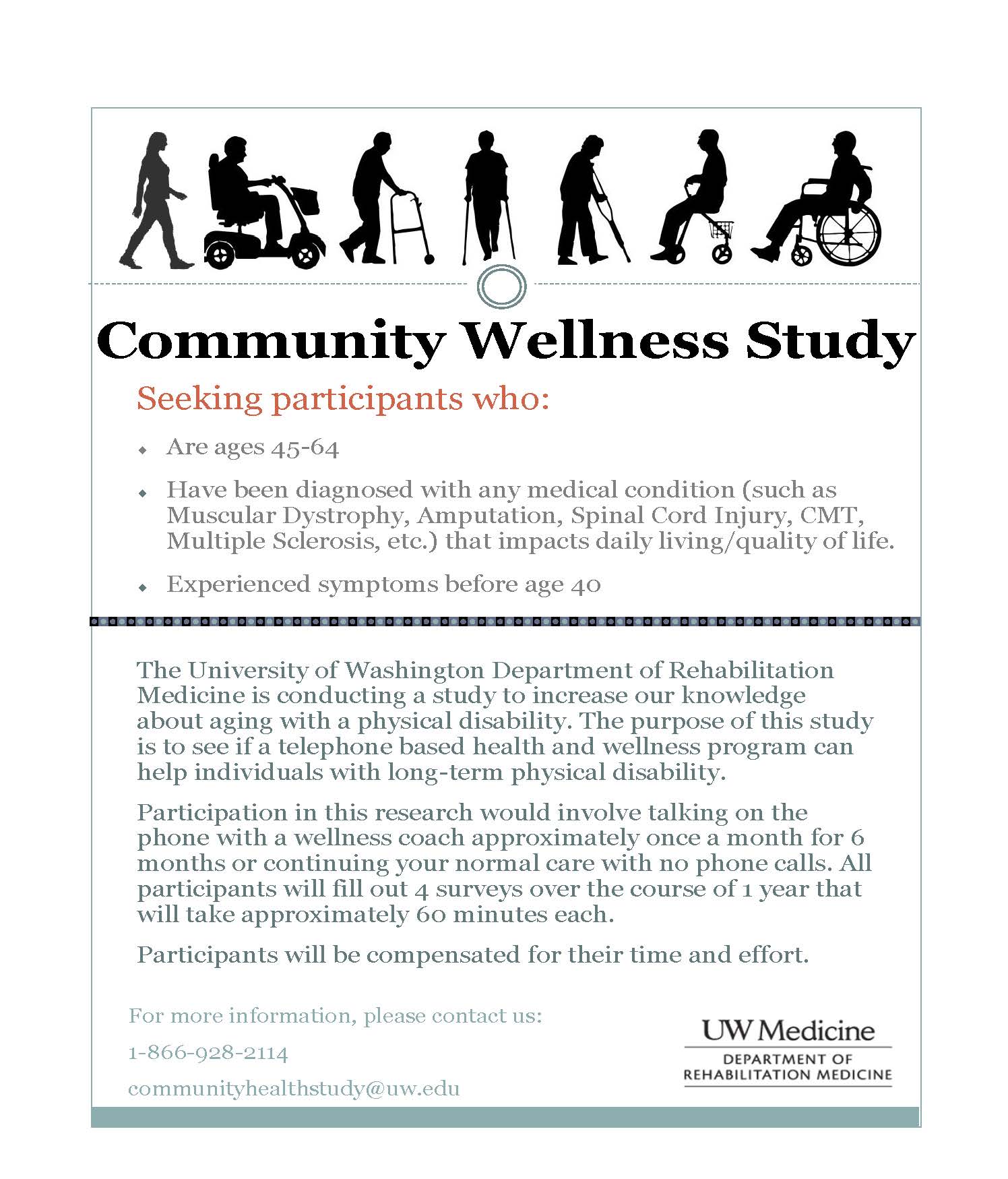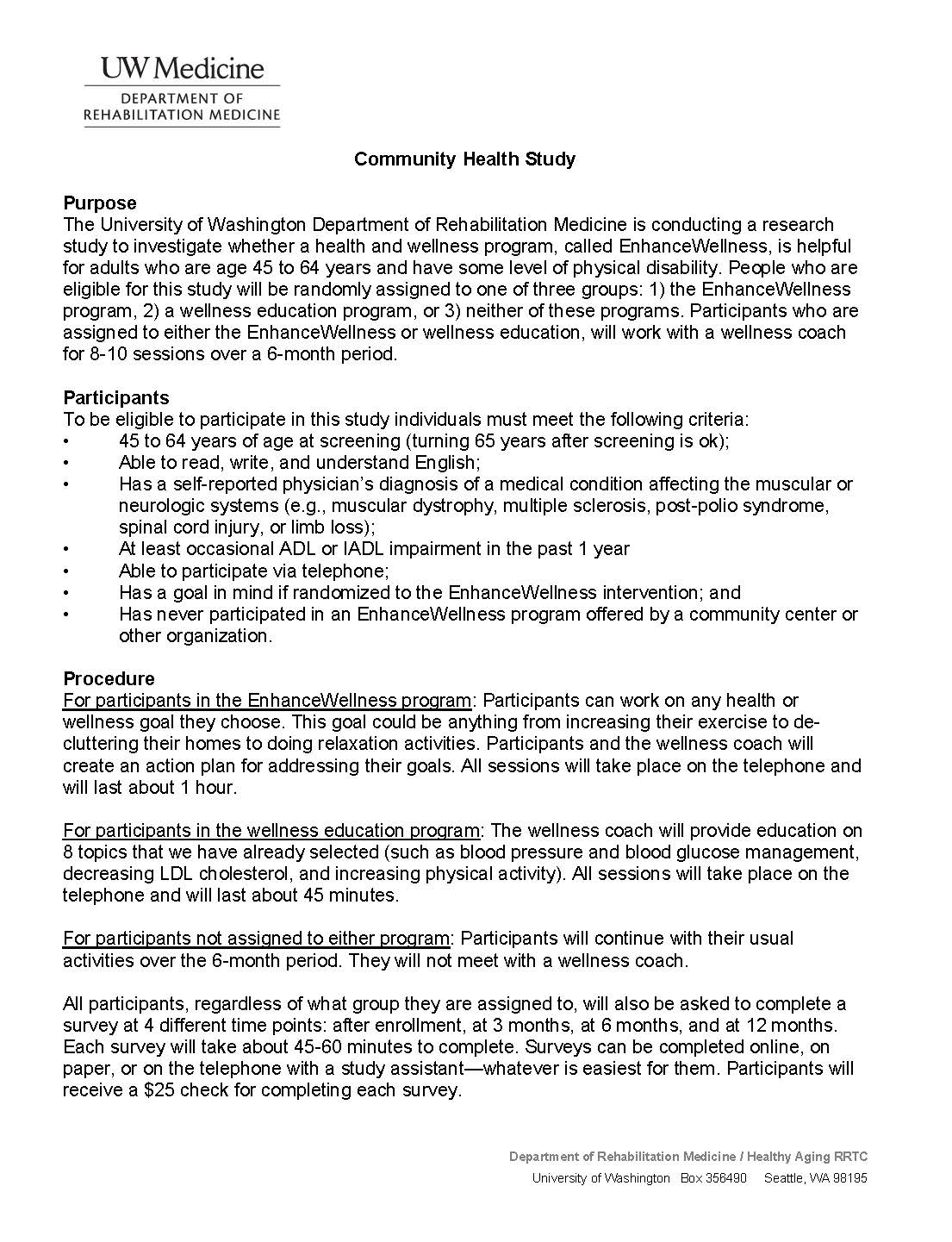Aging with MS and How YOU Can Manage Your Journey
When my neurologist diagnosed my MS over three decades ago my parents urged me to get a second opinion. I agreed wholeheartedly.
The second neurologist, who came highly recommended, quickly confirmed the diagnosis, then casually added:
"On average people with MS live seven years less than the general population."
I thought my head would explode...from the diagnosis, the doctor's (ahem) bedside manner, and the mic drop about MS and mortality. Jeez.

With limited information at my disposal in those pre-internet days, I was desperate to research credible information to validate (or invalidate) the doctor's opinions as well as the many other "truths" people felt compelled to tell me.
Knowledge and self-advocacy are power.
I made a pact in those early days to educate myself and those in the MS community with absolute truths about the disease.
We deserve nothing less.

So here's part two of my series on AGING AND MS. (In case you missed part one please click here.)
I'm sharing another leading resource I rely on for outstanding support and services.
The Multiple Sclerosis Association of America.
Since 1970 this nonprofit organization has lived up to its tagline "improving lives today."
I highly recommend perusing their website to learn more about what MSAA can do for YOU.

Over the years I've gotten to know the President and CEO of MSAA, Gina Murdoch. Leading with compassion and commitment to the MS community, Gina graciously agreed to answer a few questions about aging and MS.
WAIT! STOP!

Don't turn away because you think, "I'm not 50 yet so this doesn't apply to me."
It certainly does. If not today then someday. Do yourself a favor and keep reading. Some of the links below might even help you RIGHT NOW.
I promise it's worth your time to keep reading.

Let's begin with a quote from Gina Murdoch about aging and MS:
"The MS journey has many challenges and aging with MS is certainly one of them."
Cathy: How has MSAA included the over 50 demographic?
Gina: All of MSAA's programs, core services, and initiatives are available to help those living with MS wherever they are on their MS journey. MSAA's programs and services are inclusive of those living with MS over the age of 50, and specifically include:
MSAA's Helpline:
MSAA provides a toll-free Helpline and Chat that enables individuals with MS, family members, care partners, and friends to speak directly with one of MSAA's experienced specialists. MSAA's Helpline routinely assists those seeking help on topics related to aging and MS.
MSAA's Equipment & Cooling Distribution Programs:
MSAA's Equipment & Cooling Distribution Programs offer products for individuals who need cooling equipment or devices designed to improve safety, mobility, exercise, and daily living capacity.
MSAA MRI Access Program:
The MRI Access Program assists with the payment of cranial (brain) and c-spine MRI scans for qualified individuals who have no medical insurance or cannot afford their insurance costs and require an MRI to evaluate current MS disease progression.
MSAA's Educational Resources:
MSAA's educational programs cover an array of topics featuring leading MS healthcare professionals and include issues that impact individuals living with MS over the age of 50.
Some recent highlights that specifically address aging with MS include:
* * Community Views: Aging Fears with MS (a blog post by MultipleSclerosis.net posted on MSAA's MS Conversations blog - 3/30/2022)
** Ask the Expert - MRI, and MS (4/29/2022)
Dr. Barry Hendin answers questions from the MS community and refers to the need for MRIs as MS patient ages.
** Playing the Cards I'm Dealt (3/14/2022)
Blogger Stacie Prada discusses a look back on her diagnosis and life since that pivotal point in time.
**Ask the Doctor: Questions from our readers
Dr. Hendin addresses age-related questions from the MS community.
Ongoing and future initiatives:
MSAA is currently partnering on research and educational initiatives relating to menopause and MS and is looking to address the issue of aging with MS in a future issue of The Motivator magazine.
My thanks to Gina Murdoch and MSAA for the very fine work they do for our community.

NOTE: Since I mentioned MS and longevity at the start of this post here's some information I gathered for you on the subject. I know this isn't the happiest of topics but please keep in mind that statistics can't possibly measure our unique MS situations. Be sure to check out the links below to Gavin Giovanonni's and Dr. Hendin's articles:
- Here's a post Gavin Giovanonni (Prof G) shared with me that puts this subject into a better perspective. Written by Stephen Jay Gould, Ph.D. it's titled "The Median Isn't the Message" and I HIGHLY recommend reading it.
- According to this WebMD article, Dr. Barry Hendin finds great cause for optimism about longevity and MS.
- Multiple Sclerosis News Today - MS Prognosis and Life Expectancy
- Multiple Sclerosis News Today - MS Tied to 75% Increased Risk of Mortality in U.S. Study
- My two cents: No two people with MS have it alike. Genetics, stress, environment, what we eat, physical activity, comorbidities, mindset, medications, etc. all play an essential role in our lives. One size of statistics does not fit all. Read, research, talk to your doctor and your community, ask questions, and make your own informed judgment. For me, no set of stats will restrict me from living the best life I possibly can within my abilities
I hope you enjoyed this post. Please feel free to leave any comments or questions below. I truly enjoy hearing from you!


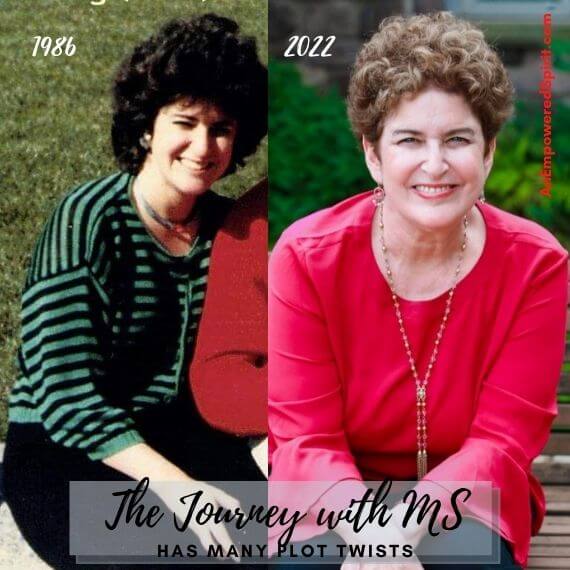
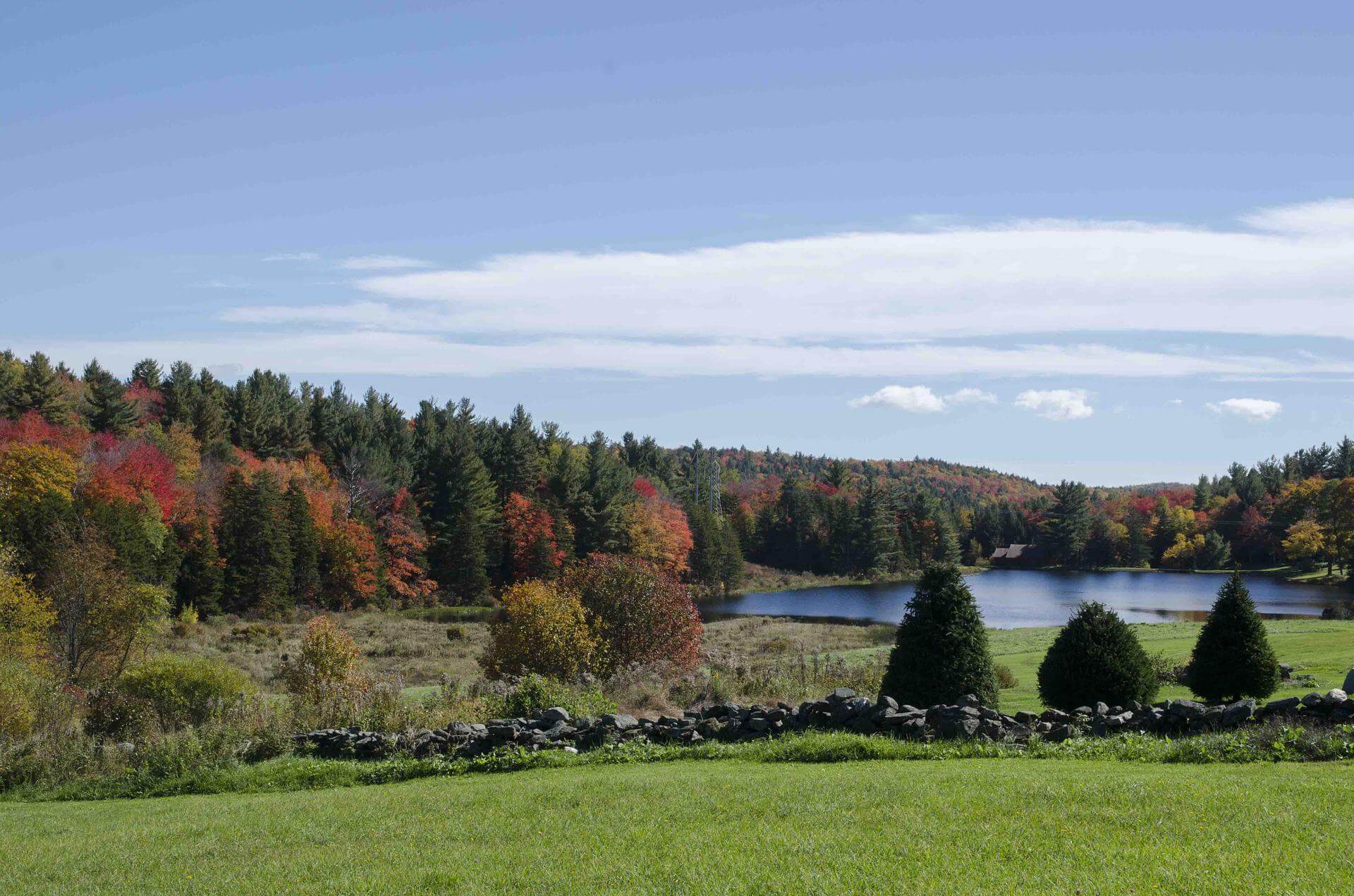










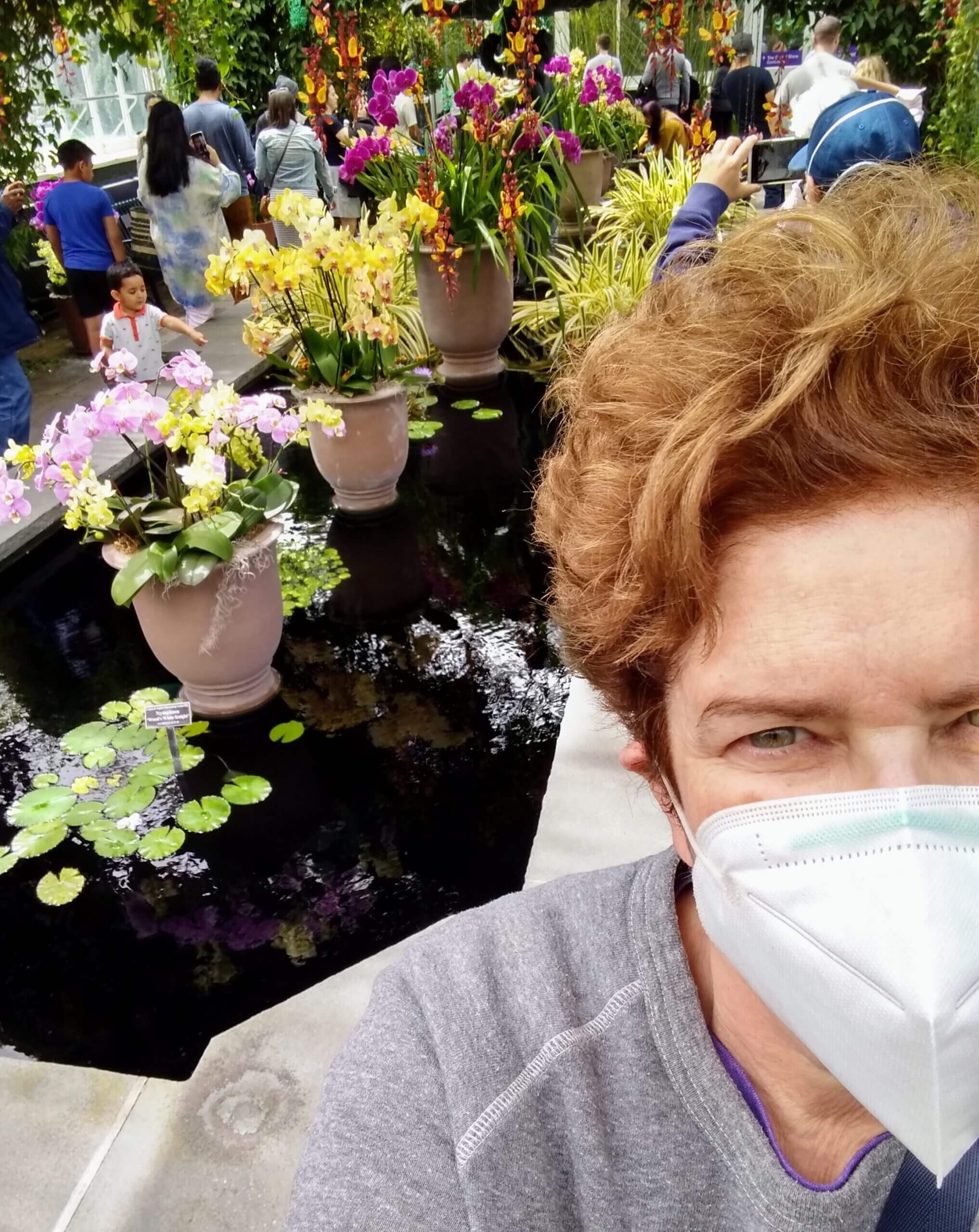





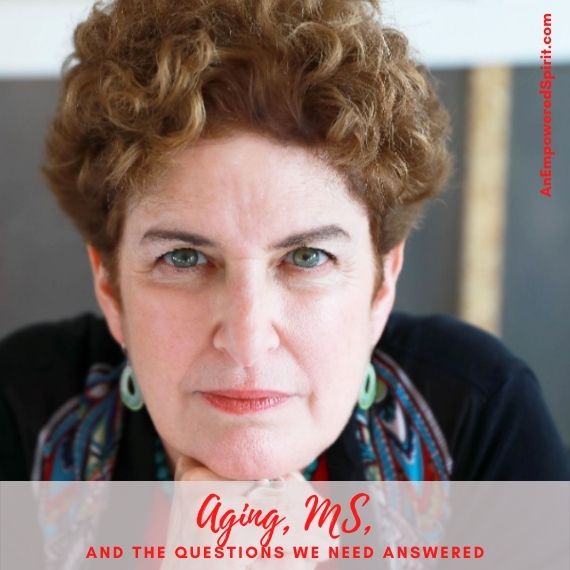
 I'll wait for your response.
I'll wait for your response.

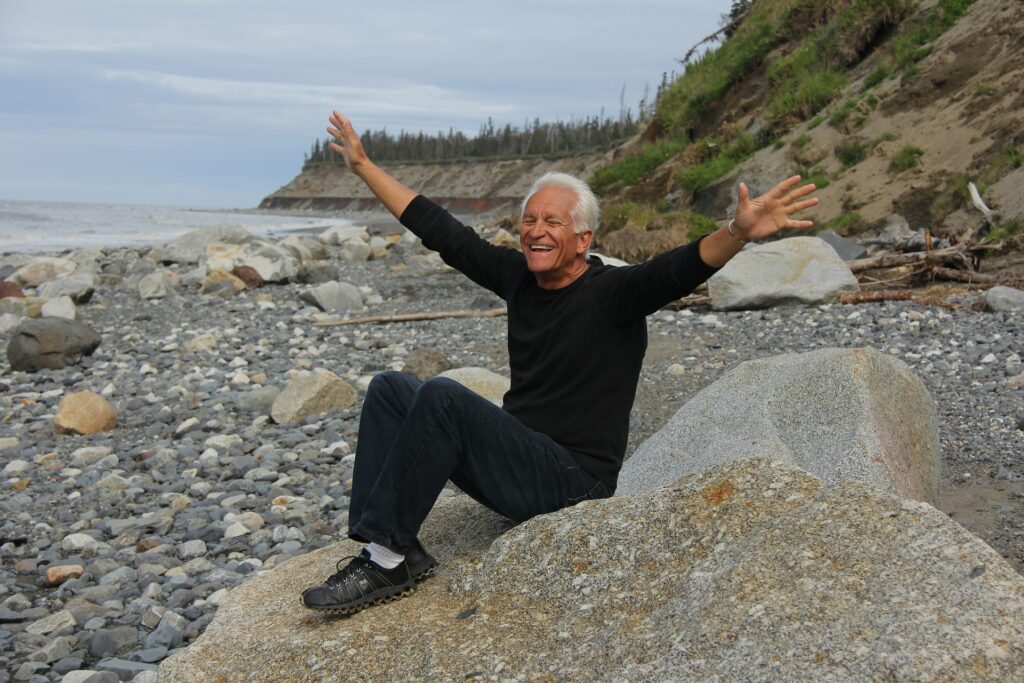



 Photo Credit: NMSS
Photo Credit: NMSS
